The internet is increasingly used as a gateway by offenders to commit crimes including sexual assaults, sexual exploitation and grooming. To tackle this issue, Childline is launching a new campaign, #ListenToYourSelfie aimed at helping young people recognise the signs of grooming and unhealthy relationships, both online and offline.
Funded by BBC Children in Need, the campaign features two films where selfies come to life and question a situation. The Game focuses on a same-sex online grooming scenario and The Party highlights peer to peer sexual pressure and grooming.



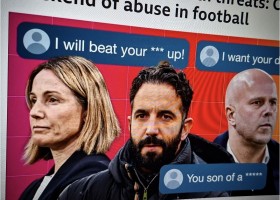
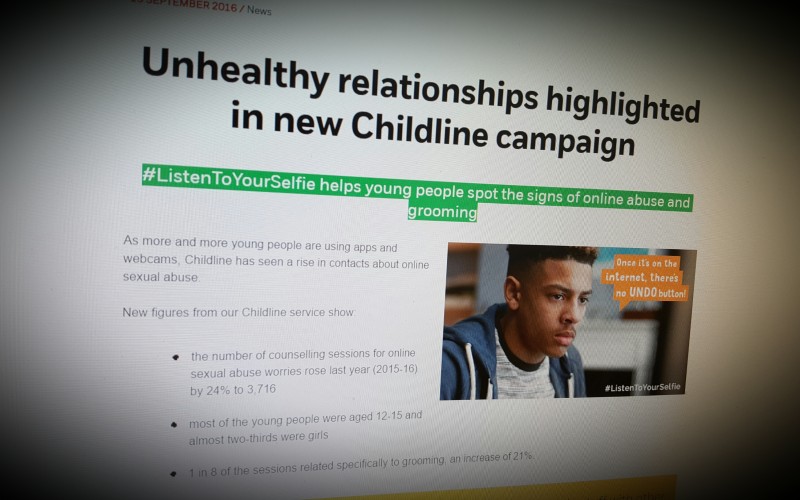
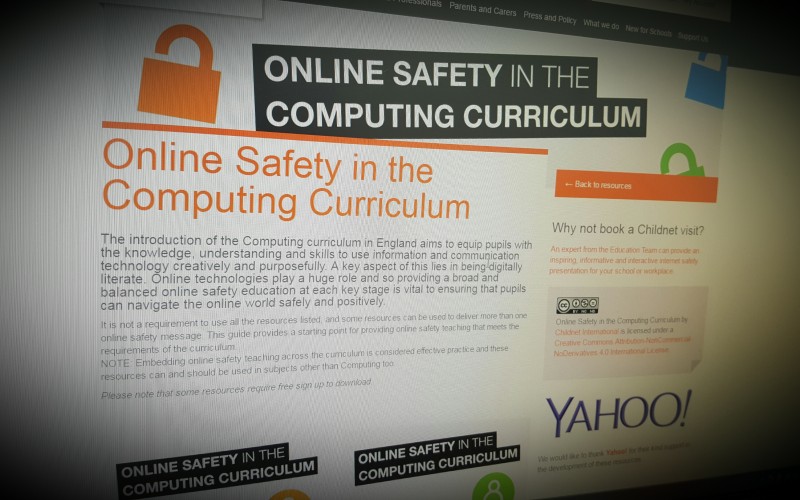
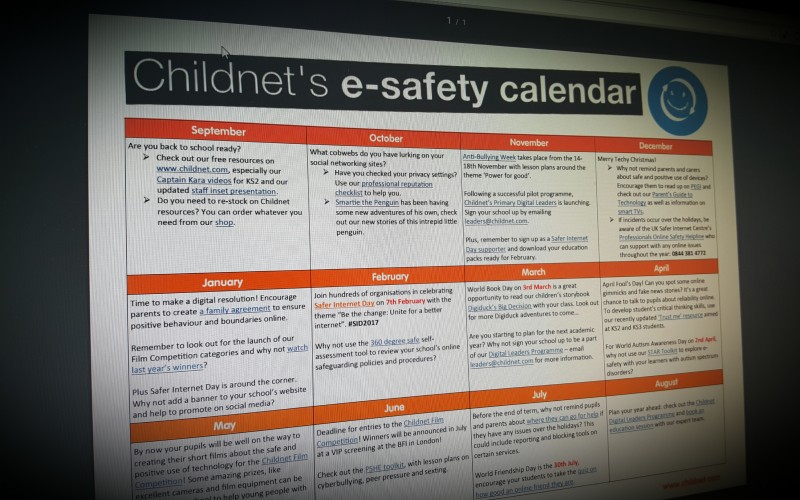
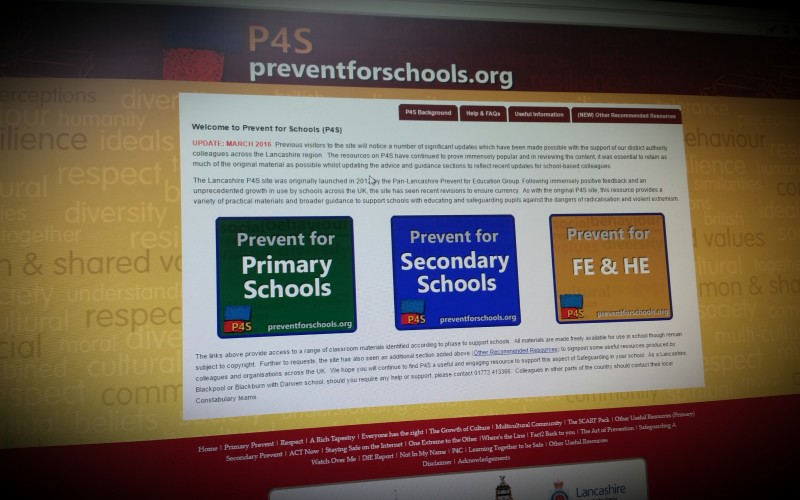
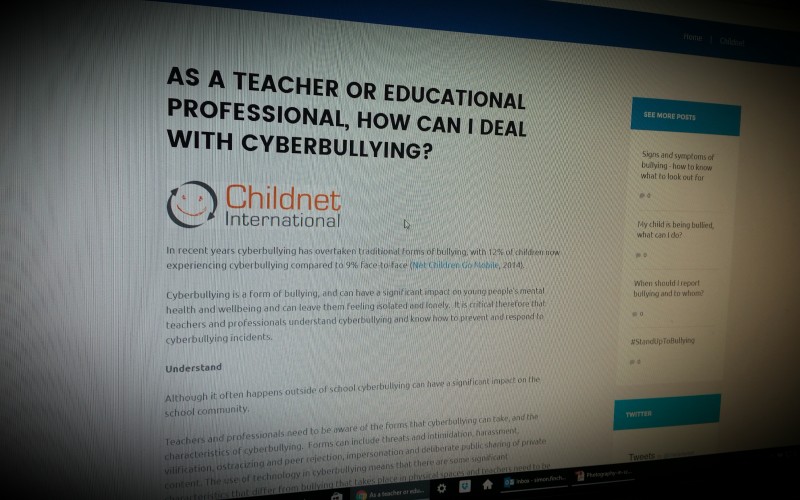
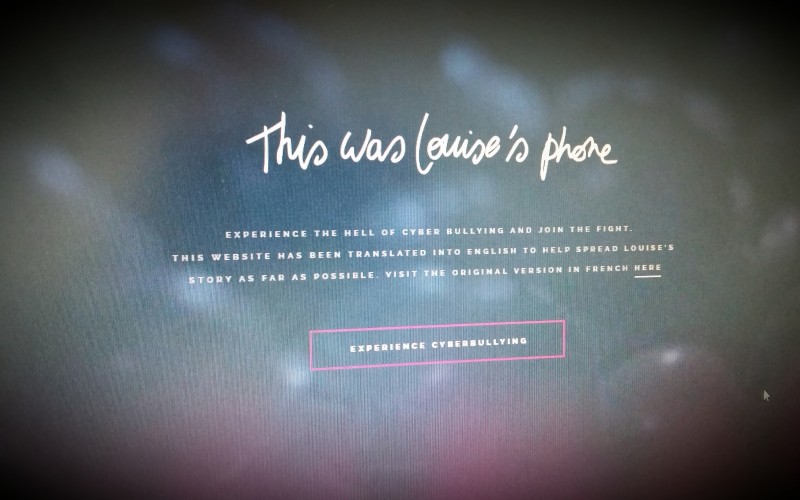
Comments
make a comment